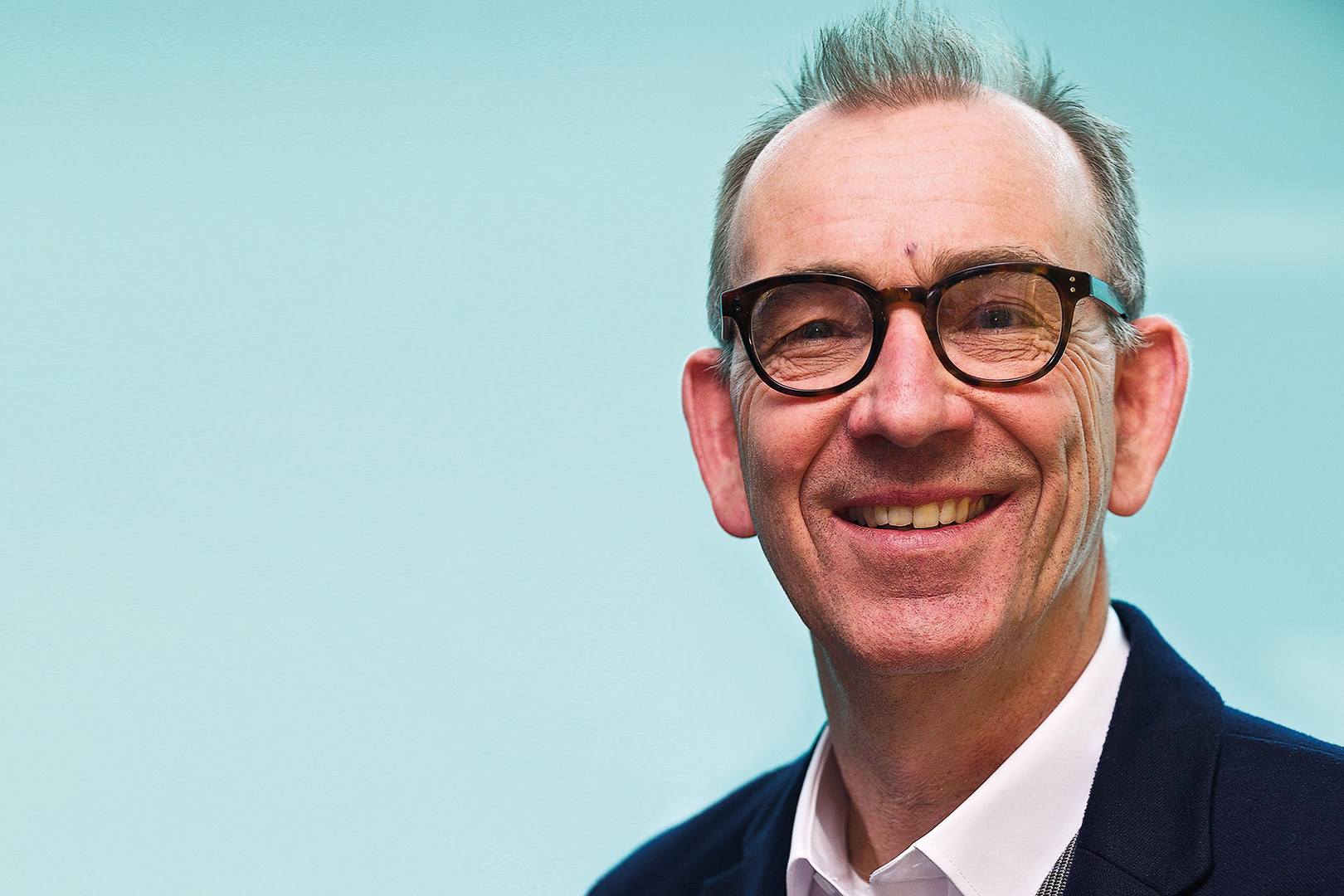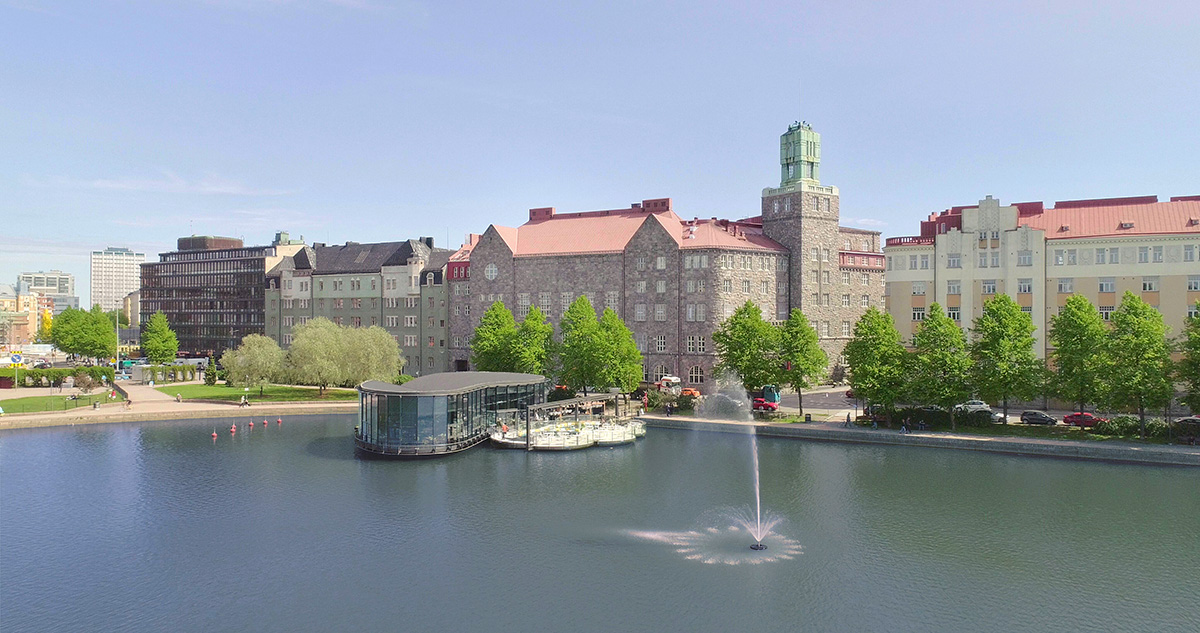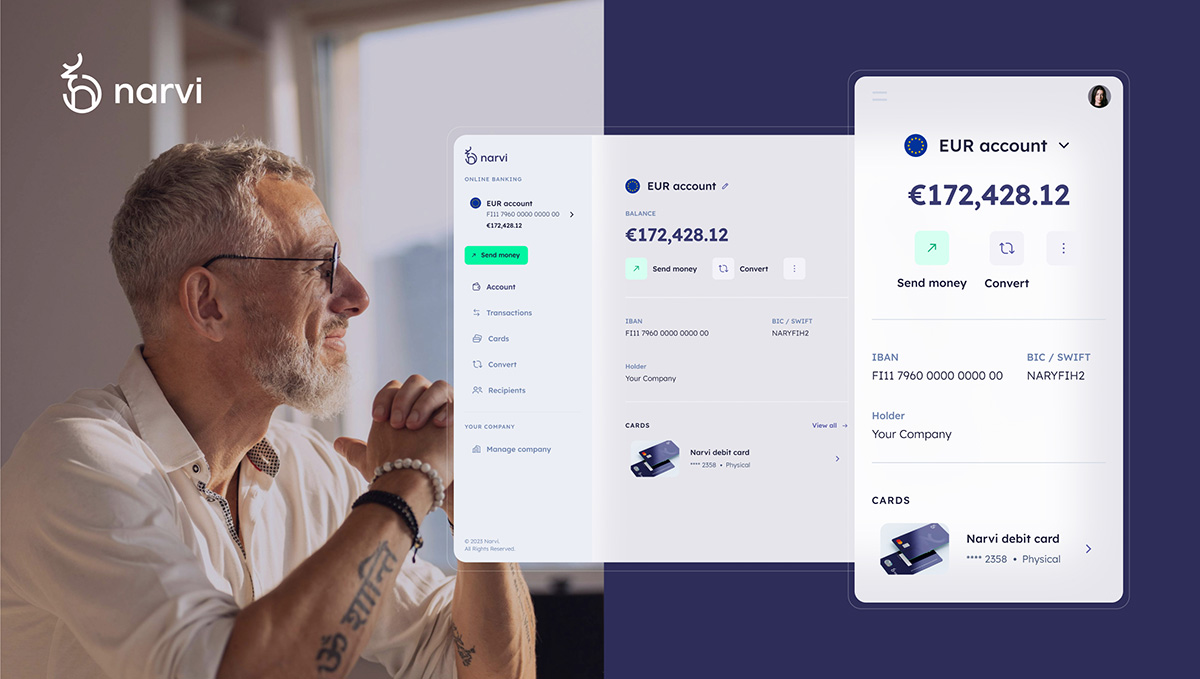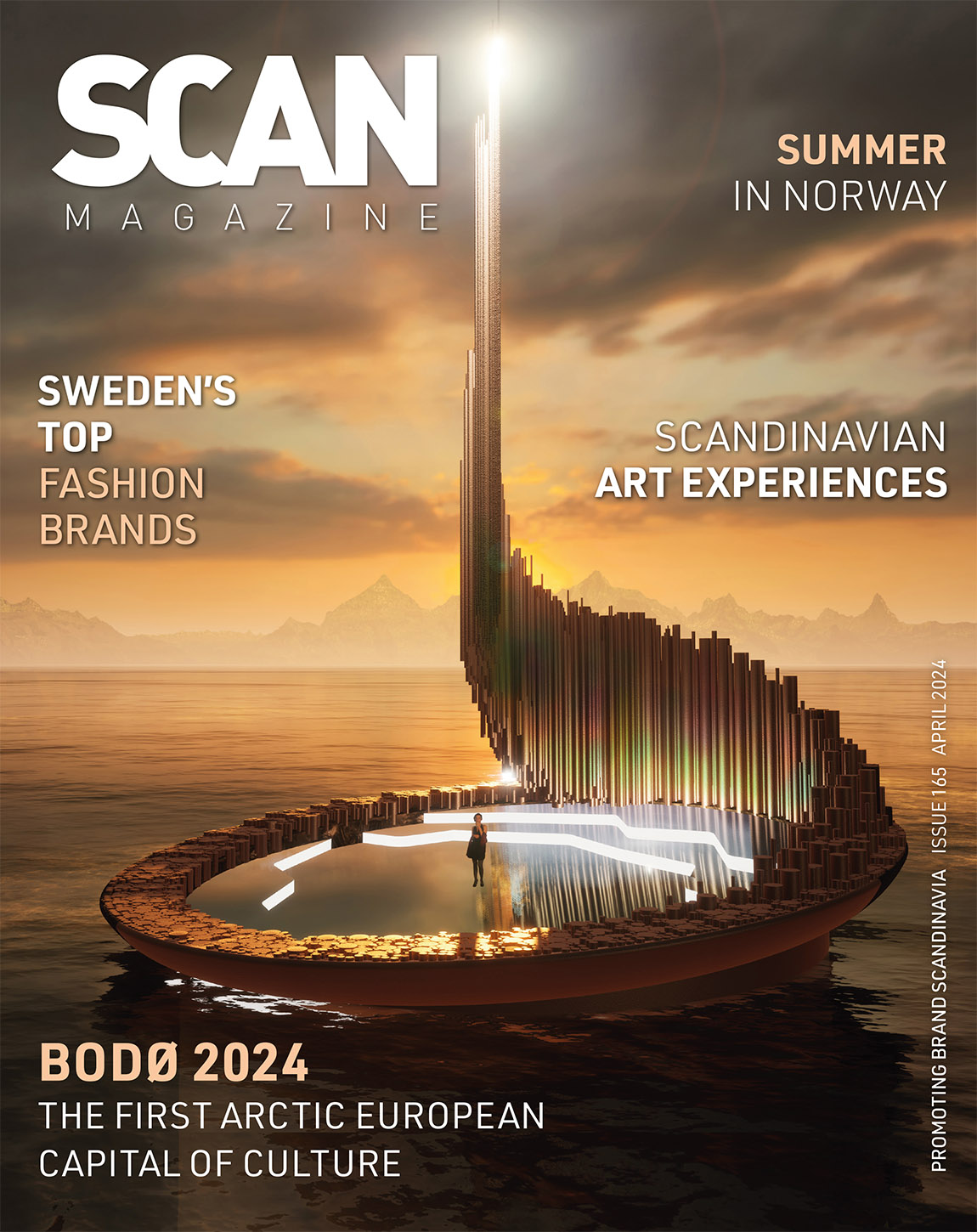Re-fashion your business

Modern business follows Moore’s law. Gordon Moore was co-founder of Intel and predicted in 1965 that the power of computer chips would double every 18 months. This means that computer power grows eight times over five years and 35 times over eight years. Bringing Moore’s law into business context indicates that one year in a corporate life in 2018 equals five years in 2013, or 35 years in 2010.
Does this make sense? I think it does. The peer-to-peer money transfer company TransferWise was founded in 2011, and five years later, it ran ad campaigns revealing that they were eight times cheaper than traditional banks. Another example: as a fintech analyst compared the 14-year-old payment provider Alipay and the 327-year-old Barclays Bank, he concluded that Alipay’s employees were 35 times more efficient than Barclays’ staff. This is Moore’s business law in action!
Companies have to change fast and furiously, which, honestly, they are not very good at. Everybody believes that changing is about getting new ideas – but it is not. Getting new ideas is easy, and implementing them is rather simple too. The difficult part is getting rid of the old ideas and restructuring what you have once created. The difference between newcomers who just had a bright idea and those who had one ten years ago is that the newcomers do not have anything to give up. They do not have hundreds or thousands of employees, branch networks and legacy systems that have taken huge investments to create.
But we must change the world and our businesses to stay in sync with Moore’s law. To do so, we must stop protecting what we have and embrace new ideas and trends. A couple of years ago, I met a banker who had just been to his first fashion show. “It was amazing,” he said, “so many new ideas. Imagine if banks could think in ‘collections’ like fashion companies!”
I like his idea: we need to re-fashion business. As soon as we have created something, we have to re-create it again. Most executives cling to their models and products while fashion designers abandon theirs four times a year. And if you ask all the fashionistas if it is not annoying that their designs are so short-lived, they will answer: on the contrary, that is the beauty of it. Work will never become boring if the world is always new.
Nils Elmark is a consulting futurist and the founder of Incepcion, a London-based consultancy that helps organisations develop new and braver dreams.
TEXT: NILS ELMARK
Subscribe to Our Newsletter
Receive our monthly newsletter by email





